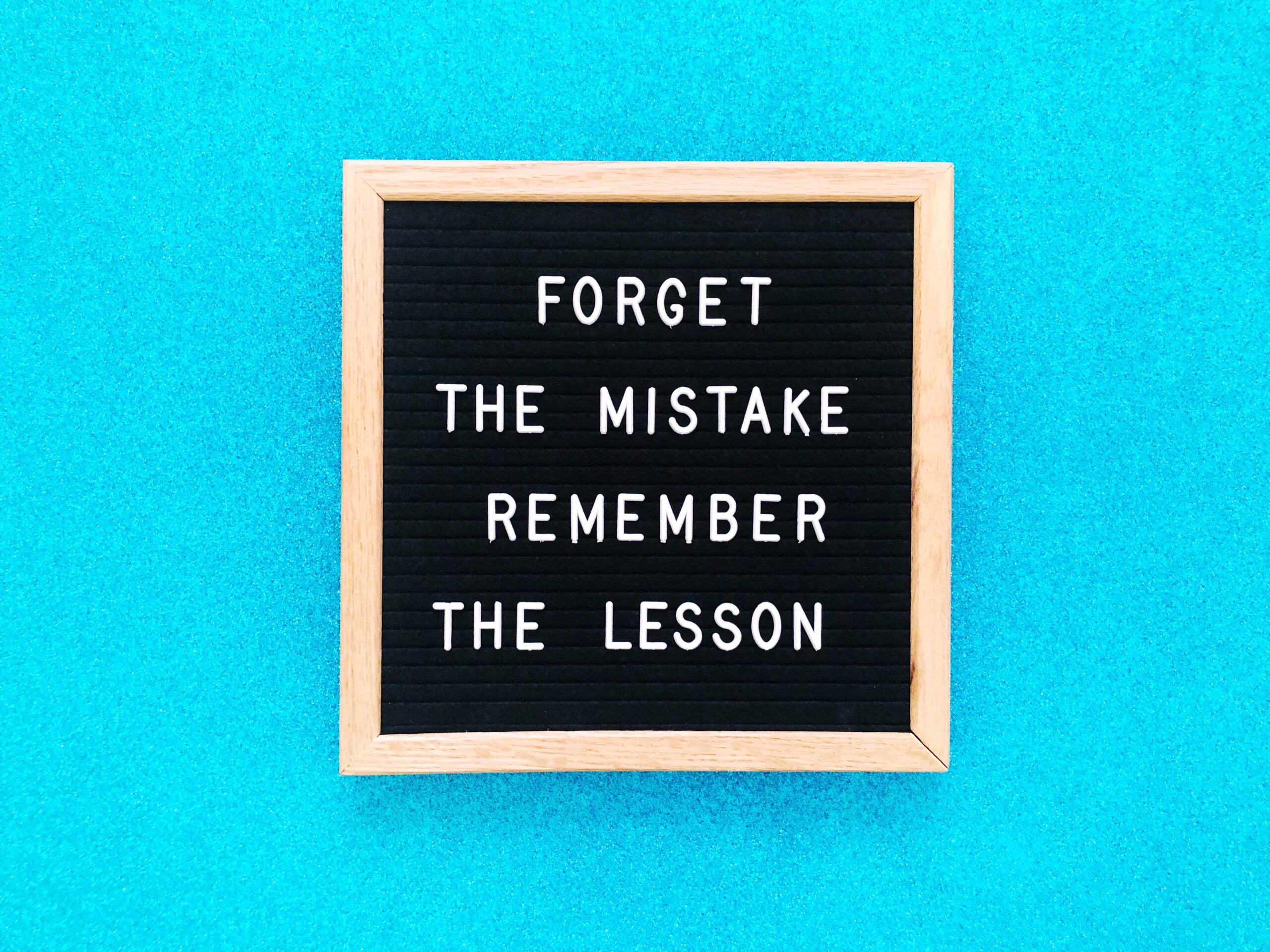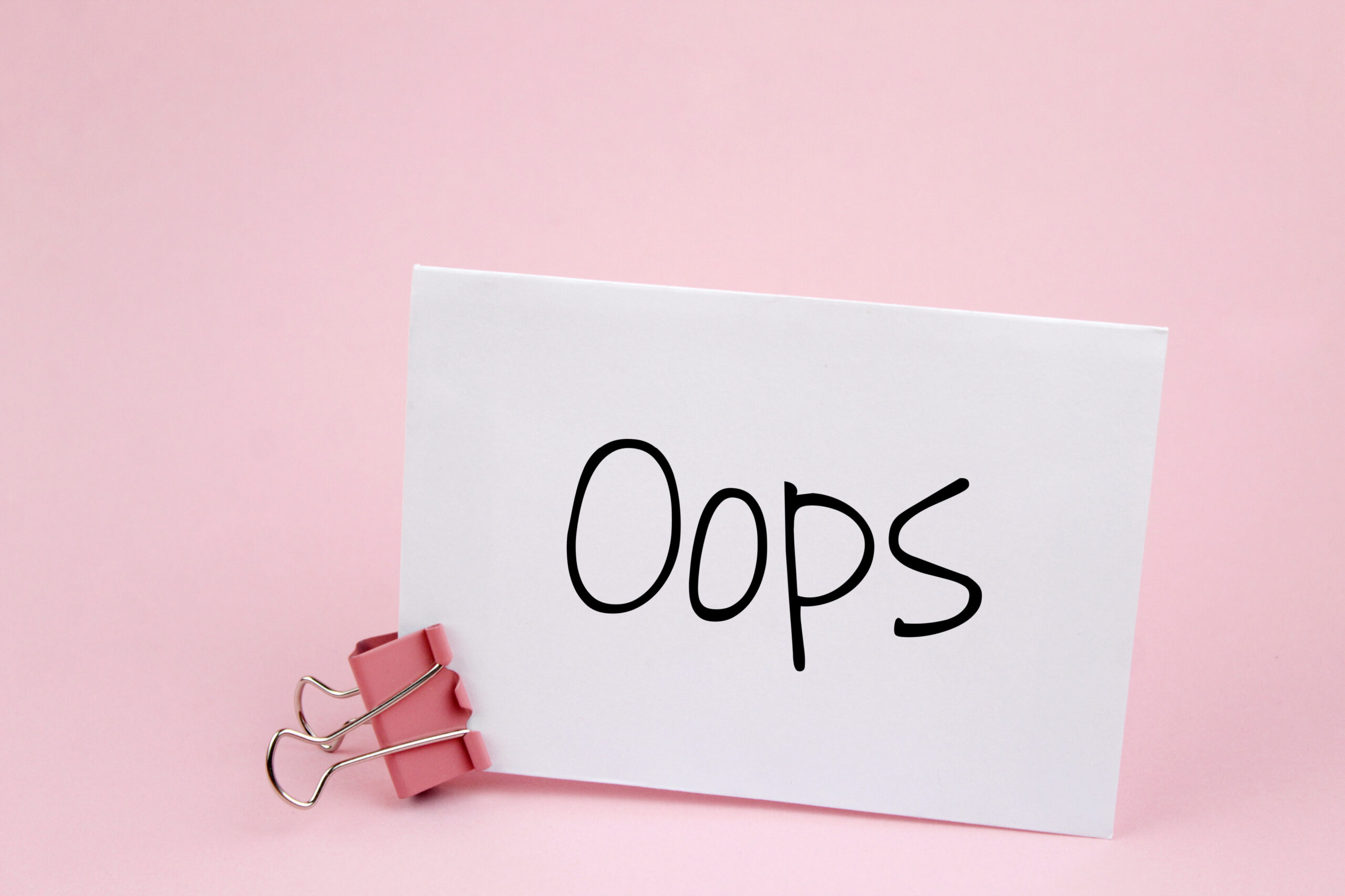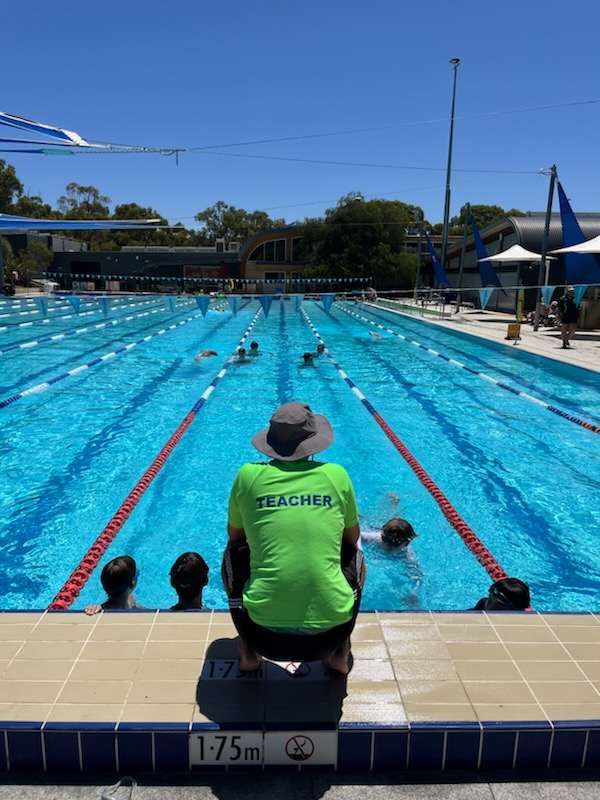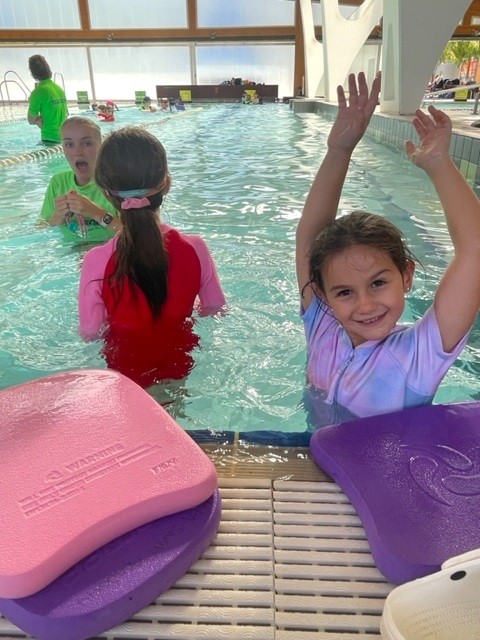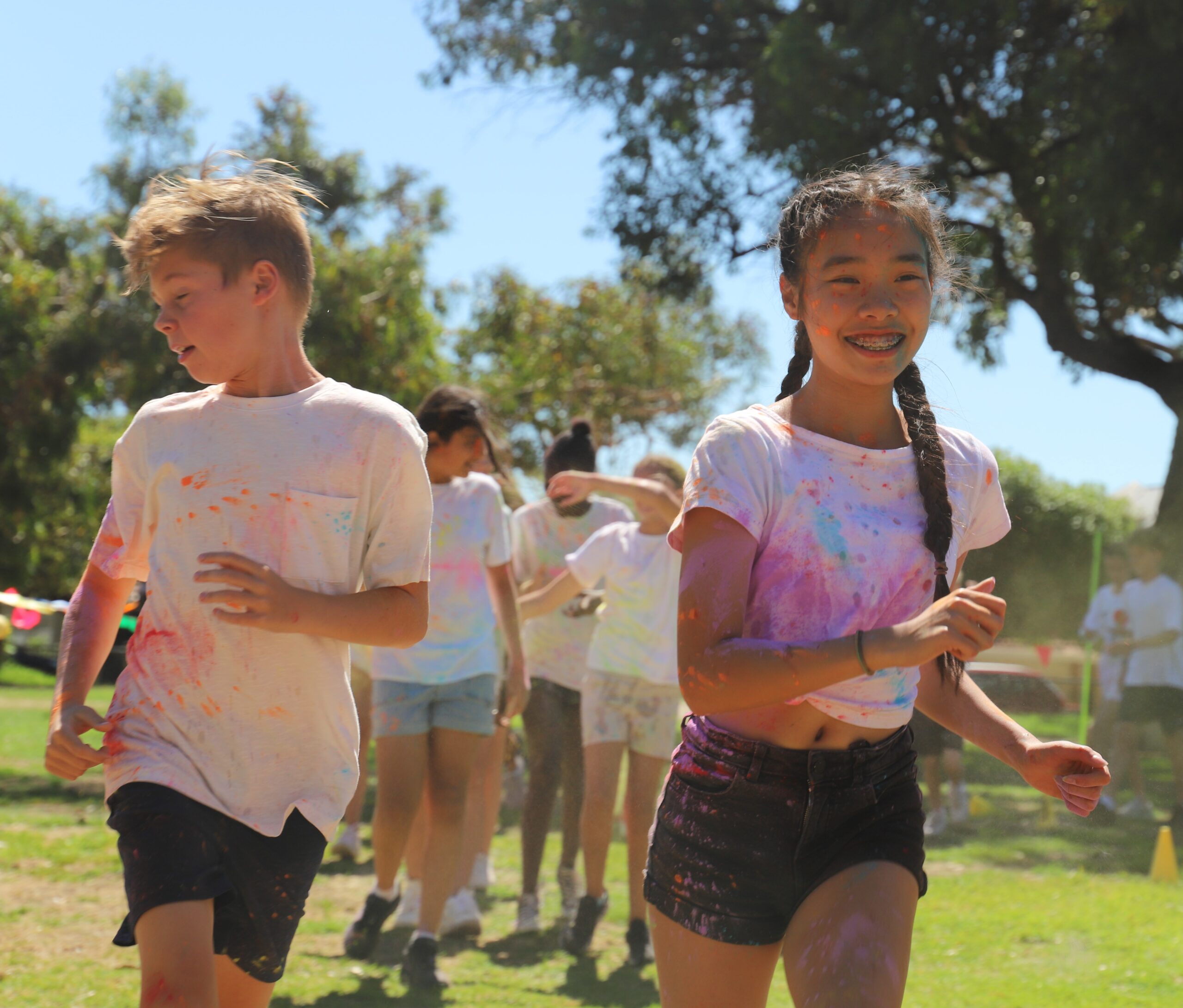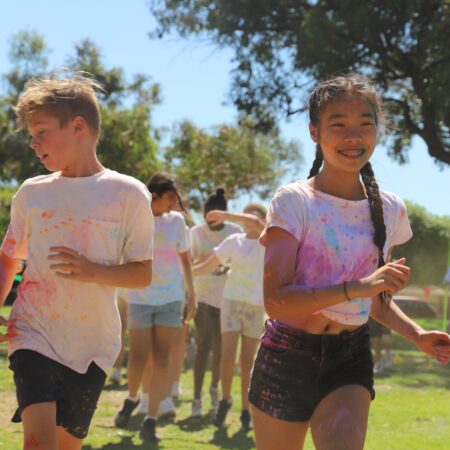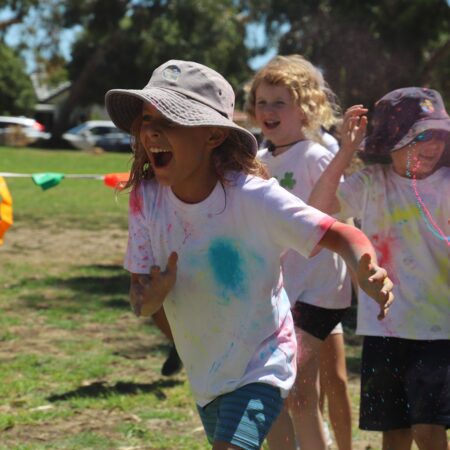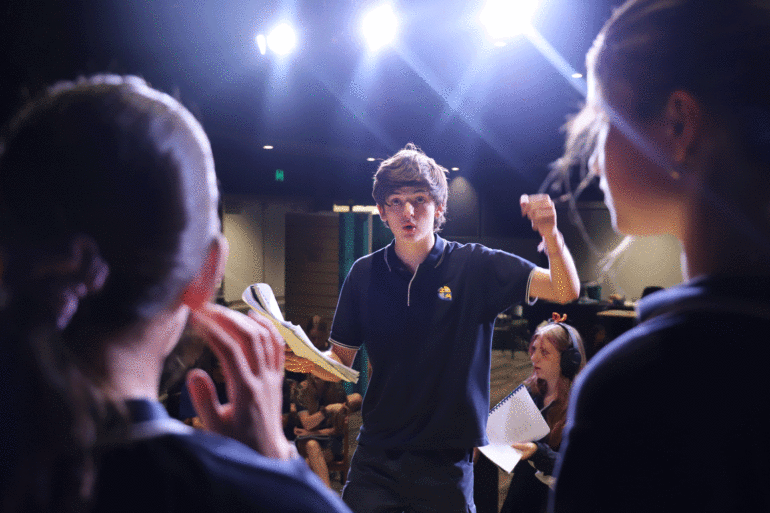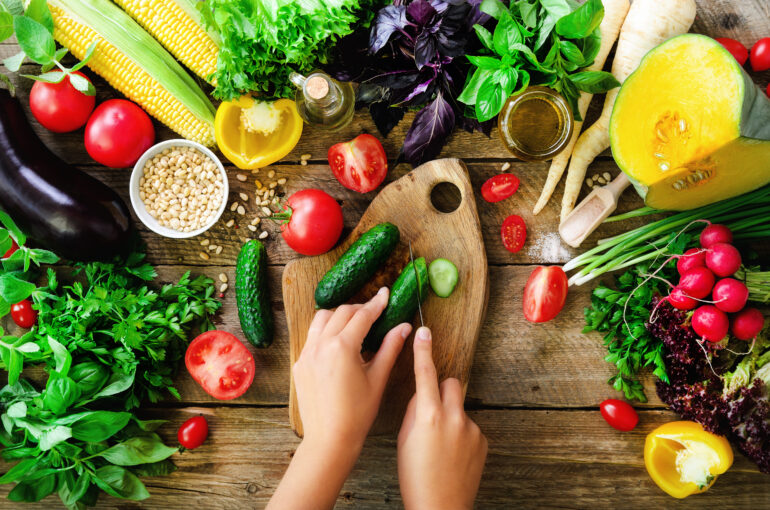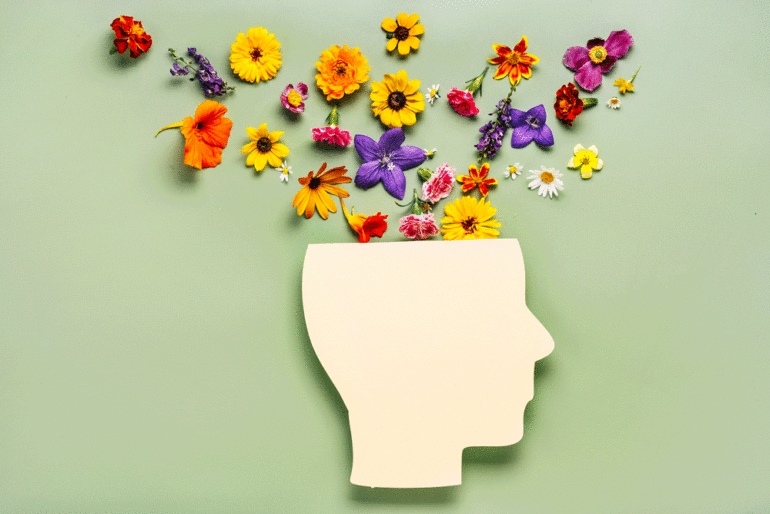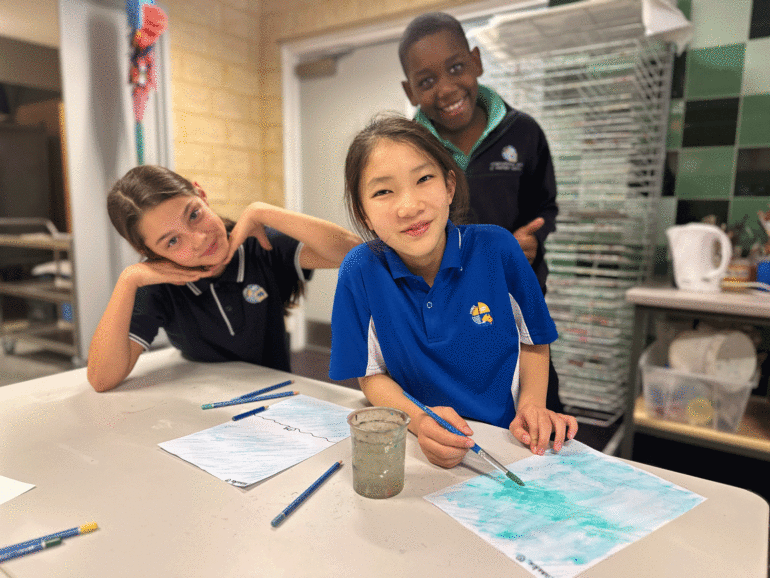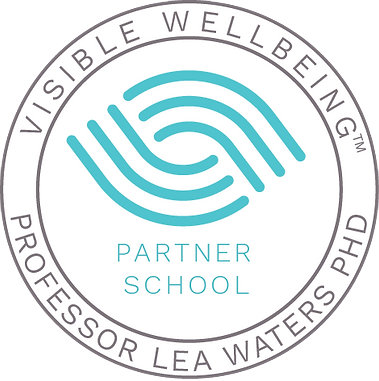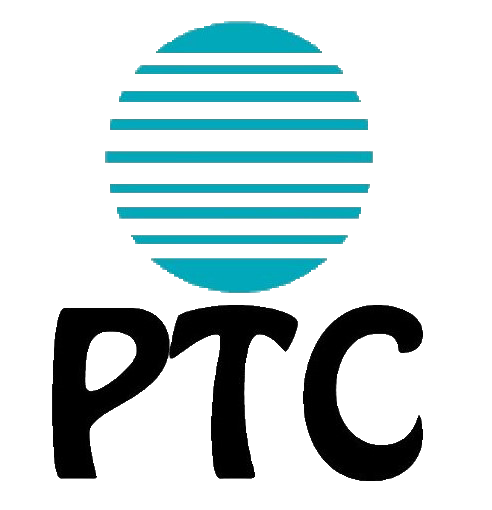Take A Risk. Forgive.
Take a Risk. Forgive.
‘Forgiveness is a virtue of the brave.’
Indira Gandhi
We all feel wronged at times. It’s legitimate to feel like this, particularly if our wounds are grievous. We may experience anger, pain and resentment. Should we simply let go of such feelings or will this condone what’s been done to us, feel unjust or too passive? What if the offending person fails to recognise what they’ve done?
Given the current explosive conflict continuing to erupt in various parts of the world it can seem as if there is a deficit of forgiveness being demonstrated. However, forgiving is not the same as forgetting. Deciding to forgive is a conscious one about relinquishing the past. Some argue it’s a virtue.
Karen Swartz, M.D., director of the Mood Disorders Adult Consultation Clinic at The Johns Hopkins Hospital claims that ‘Forgiveness is a choice…and an active process in which you make a conscious decision to let go of negative feelings whether the person deserves it or not’. We can ‘…decide to forgive’, she argues.
Forgiveness is also not about disregarding our injury or distress, ignoring, pretending or excusing something unjust or cruel, nor is it accepting that what happened is OK. It is not about making excuses for someone or even reconciling with them. Instead, it’s about abandoning the desire for an apology or revenge. It’s seeking to overcome feelings of malice and aiming for harmony.
At ISWA, we try and guide students to recognise and accept that all people are flawed and that sometimes we will feel negatively in response to what happens or what someone says to us. It can be an understandable default position for young people to think in ‘black and white’ when they perceive things in categoric terms of right and wrong, but there are innumerable reasons why opting NOT to forgive is detrimental to our wellbeing.

‘Forgiveness is the fragrance the violet sheds on the heel that has crushed it.’
Mark Twain
So, what are the benefits of forgiveness?
Physiologically, it boosts our immune system and minimises heart related issues. Mentally, we know that people who forgive are inclined to experience less stress, anger, anxiety and depression. Feelings of autonomy and control increase, as do feelings of self-worth and the ability to manage stress. It’s makes sense that all types of relationships are buoyed by forgiveness – it strengthens a sense of connection, fosters trust and is aligned to empathy. It can enhance communication, loyalty and the ability to compromise.
But what does forgiveness require? Being attuned to our thoughts and feelings is an essential start, as is being both courageous and honest enough to examine these in the proverbial cold light of day. Deluding ourselves will not counter feelings of malice. It won’t dispense with blame. Harbouring resentment begins to exert power over us because emotions such as this can be toxic for our mental health. Ruminating on them eats away valuable time, attention and energy.
Bob Enright, PhD, a psychologist at the University of Wisconsin, Madison, pioneered the study of forgiveness three decades ago. He says, ‘…true forgiveness offers empathy, compassion and understanding to the person responsible for the hurt’. Fred Luskin, a pioneer in the science and practice of forgiveness.…says that ‘The essence of forgiveness is being resilient when things don’t go the way you want—to be at peace with “No,” be at peace with what is, be at peace with the vulnerability inherent in human life. Then you have to move forward and live your life without prejudice’.

Harvard Medical School recommends the R.E.A.C.H method of forgiveness. This acronym stands for: Recall, Emphasize, Altruistic gift, Commit, and Hold. These are the steps -.
Recall. Begin by recalling the wrongdoing in an objective way. The goal is not to think of the person in a negative light nor to wallow in self-pity, but to come to a clear understanding of the wrong that was done. Visualize the person and situation and all the feelings that come with it. Don’t push aside anything, especially if it makes you feel angry or upset.
Empathize. Next, try to understand the other person’s point of view regarding why they hurt you, but without minimizing or downplaying the wrong that was done. Sometimes the wrongdoing was not personal, but due to something the other person was dealing with. “People who attack others are sometimes themselves in a state of fear, worry, and hurt,” says Dr. VanderWeele. “They often don’t think when they hurt others, and they just lash out.”
Altruistic gift. This step is about addressing your own shortcomings. Recall a time when you treated someone harshly and were forgiven. How did it make you feel? Recognizing this helps you realize that forgiveness is an altruistic gift that you can give to others.
Commit. Commit yourself to forgive. For instance, write about your forgiveness in a journal or a letter that you don’t send or tell a friend. “This helps with the decisional side of forgiveness,” says Dr. VanderWeele.
Hold. Finally, hold on to your forgiveness. This step is tough because memories of the event will often recur. “Forgiveness is not erasure,” says Dr. VanderWeele. “Rather, it’s about changing your reaction to those memories.”
The advice from this revered institution is that this process may take time so additional tips from Katharine Chan, MSc, BSc, are to practice self-compassion
‘Until we can forgive the person who harmed us, that person will hold the keys to our happiness, that person will be our jailor’.
Dalai Lama
Perhaps, then, the first question to ask of ourselves is ‘Are you willing to take a risk and forgive?
Christine Rowlands
Works Cited
Forgiveness Your Health Depends on It
Forgiveness Letting Go of Grudges and Bitterness Mayo Clinic
Forgiveness can improve mental and physical health
How Forgiveness Impacts Mental Health and Relieves Stress
What is forgiveness Greater Good

